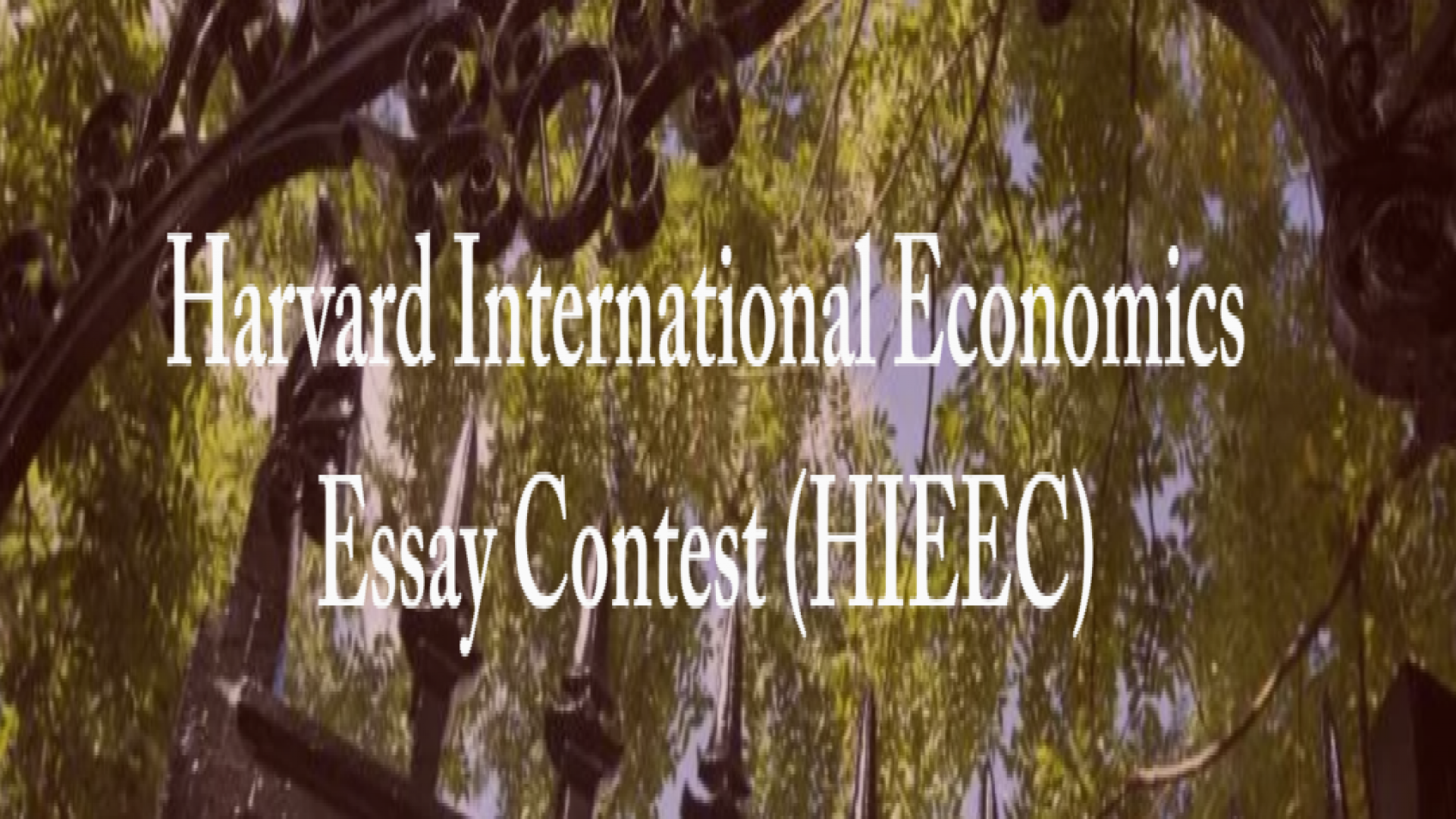如何利用外刊学英语?在本专栏当中,我会从近期的经济学人文章中精选一些地道的表达和句型进行精讲。所选取的表达一般都是一些可以用于各类话题的通用表达或者常用表达。
The pandemic is giving e-bikes a boost.疫情正在推动电动自行车的发展。
词汇讲解:boost是个雅思词汇,作名词表示推动力(something that helps or encourages sb/sth)。常用作a boost to sth。如Innovation has proven to be a boost to the entire industry.事实证明,创新对整个行业的发展具有推动力。give sth a boost表示推动某事的发展,也可以写成give a boost to sth。表示推动...的发展,很多同学可能会翻译成promote the development of sth。实际上这是一个非常中式的表达,因为promote sth已经包含了促进发展的意思。比如推动对外贸易的发展,可以直接说promote foreign trade,而不是promote the development of foreign trade。除此之外,我们就可以使用boost的动词意思(to increase or improve something and make it more successful)。如Frequent reports have promoted the development of local tourism.→Frequent reports have boosted local tourism.
But travel companies that want to behave well still have a problem. Repaying customers puts a tremendous strain on cashflow at a time when they are generating a fraction of usual revenues.(0808 Bartleby)参考译文:但是那些想良好运行的旅游公司依然面临一个问题:在公司创造的收入只占平时收入的一小部分时,偿还客户对现金流造成了巨大压力。词汇讲解:strain表示压力,意思与pressure相同。不同的是:pressure是不可数名词,而strain是个可数名词。put a strain on...就是给...造成压力/困难。在使用的时候,经常会在strain前面加上一个程度修饰词。比如疫情给医疗造成了很大压力:The pandemic put a huge/tremendous strain on the health service.这里的strain表示的是抽象的压力,也就是困难。strain还可以表示身体/心理压力(physical/mental stress)。如He is feeling overworked and under strain. | The long working hours put a severe strain on employees.
Changsha, the provincial capital, has become a font(=source) of China's popular culture. It is home to over 12,000 companies involved in creating it.(0808 China)参考译文:省会长沙已经成为了中国流行文化的一大来源。长沙有超过1.2万公司参与其创作。词汇讲解:be home to直译过来就是“是...的家乡”,表示是...存在/居住的地方。其主语一般是city/country。be home to实际上包含了have/has(有)的意思。比如:Beijing is home to many prestigious universities.北京有很多名校。
再比如“中国有14亿人”这句话,很多同学会直白地翻译成:
China has 1.4 billion people.
实际上我们就可以用到be home to这个表达:
China is home to a population of 1.4 billion.
作文中能用到这样的地道表达,定会让看厌了套句和模板的阅卷老师眼前一亮。
The government wants to get closer to its audience, in particular to the young who spend hours glued to their smartphones.(0808 China)
参考译文:政府希望更近距离地接触其观众,尤其是那些每天大部分时间都在盯手机的年轻人。词汇讲解:glue是个四级词汇,本义为胶水。变成动词就是“使粘在...上”。be glued to something表示全神贯注地看着(to be looking at something and not paying attention to anything else),相比与stare at来说更加形象地道。比如:Many youngsters are glued to their smartphone when waiting for a bus or taxi. glued to their smartphones在这句话中作状语,表示“在...方面”。从语法上来说,spend time后面是不能加动词被动的(glued),因为被动并不能表示持续的状态,而v-ing形式可以(spend+time+doing)。因此,作者实际上是将glued视为了一个形容词,表示“眼睛盯着手机这一状态”,类似于介词引导的成分表状态:spend several hours in the school library=spend several hours staying in the school library。再比如He spent hours occupied with his work.他花了几个小时的时间忙工作。如果是表示沉迷于,则可以用be addicted to。如Those who are addicted to video games tend to perform worse than their peers.沉迷于电子游戏的学生通常成绩比同龄人更差。
Weeks after a change in divorce law, debate about it still rages.(0808 China)参考译文:在离婚法作出修改的数周后,关于其争论依然很激烈。背景介绍:这篇讨论的是前段时间的30天离婚冷静期(a change in divorce law)引起的争议。由标题thirty more days of hell(又多了30天的煎熬)可以看出,作者对这件事所持的态度是disapproving/critical。词汇讲解:rage的本义为暴怒,愤怒。作为动词,可以表示(争论)激烈地进行(to continue with strong emotions)。跟debate搭配,可以在写作中用于引出争论的论题。可以用来替代较为口语化的People have different opinions on sth.
如Debate about children's digital-media habits rages (on).关于孩子们使用网络媒体的习惯争论不断。
但是这个句型有个明显的缺点:如果sth较长的话,就会显得整句话头重脚轻。如:
Debate about whether parents should buy schoolchildren a smartphone rages on.
为了解决这个问题,我们可以将rage变成现在分词raging放在debate前面,同时使用there be句型:
There is a raging debate over whether parents should buy schoolchildren a smartphone.(debate既可以可数,也可以不可数)
声明:本文发布在【达文学术英语】,转载此文请保持文章完整性,并请附上文章来源【达文学术英语】及本页链接。文章链接:https://www.dawen.ink/news/view/1346


